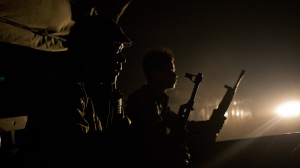

Carlos Sardiña Galache
Journalist covering Southeast Asia.
Journalist focusing on Burma and Southeast Asia.
Carlos Sardiña Galache
Journalist covering Southeast Asia.
Journalist focusing on Burma and Southeast Asia.


















Author: The Burmese Labyrinth: A History of the Rohingya Tragedy https://www.versobooks.com/books/3152-the-burmese-labyrinth